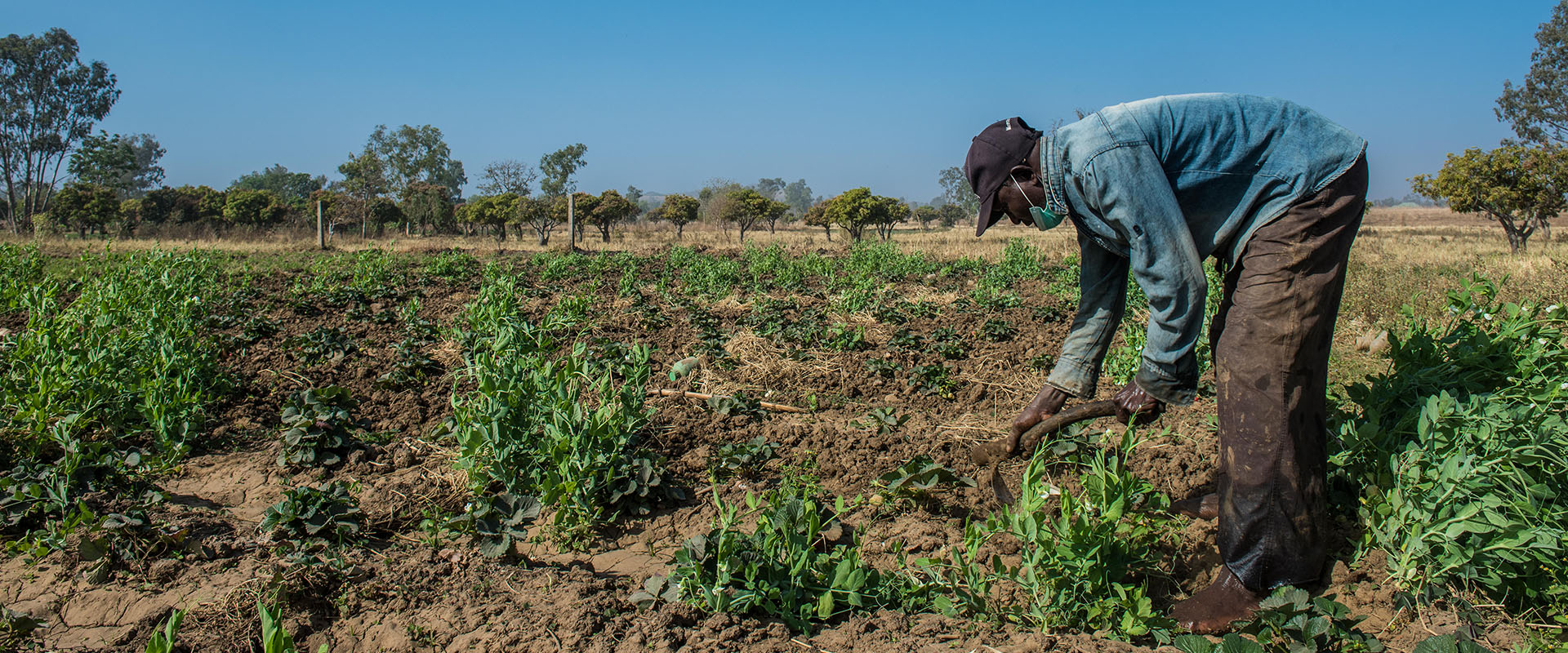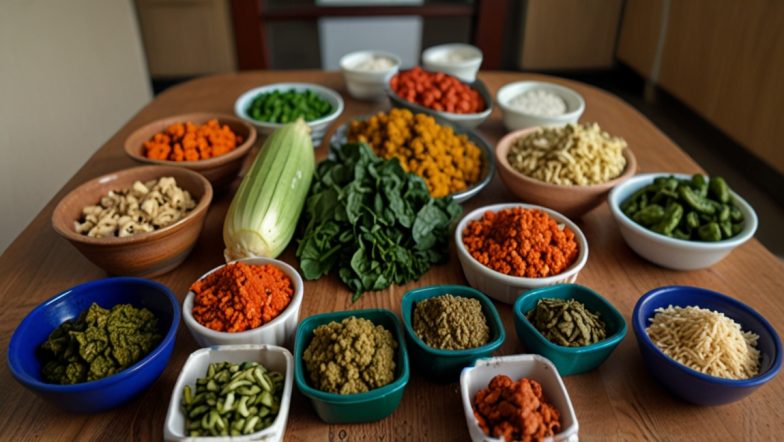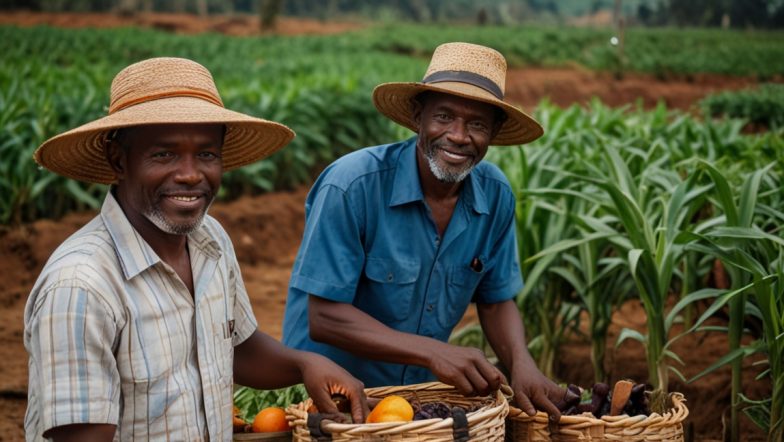In today’s fast-paced world, where processed foods dominate the market, there is a growing movement towards embracing a healthier and more sustainable lifestyle. The farm-to-table concept has gained significant popularity as people strive to connect with nature, support local farmers, and enjoy the natural goodness of fresh, organic ingredients. We will delve into the world of PachaMama Foods, a brand that exemplifies the farm-to-table philosophy. Join us on a journey as we unveil the natural goodness of PachaMama Foods and explore the benefits of consuming farm-fresh, sustainable, and locally sourced produce.
The Farm-to-Table Philosophy: Connecting Consumers with Local Farmers
The farm-to-table movement represents a shift in consumer preferences, focusing on transparency, sustainability, and the promotion of local food systems. By choosing farm-to-table products, consumers have the opportunity to know exactly where their food comes from, support local farmers, and make conscious choices for their health and the environment.
PachaMama Foods: Nurturing Health and Sustainability
PachaMama Foods, a pioneer in the farm-to-table movement, stands as a shining example of a brand dedicated to nurturing health and sustainability. With a commitment to organic farming practices, they prioritize the use of natural fertilizers, crop rotation, and environmentally friendly pest control methods. By adopting these sustainable practices, PachaMama Foods ensures that its products are free from harmful chemicals and rich in essential nutrients.
The Journey of PachaMama Foods from Farm to Table
Step by step, PachaMama Foods takes great care in bringing the natural goodness of their products to consumers’ tables. They start by carefully selecting local farmers who share their commitment to sustainable farming. These farmers grow a diverse range of organic fruits, vegetables, and grains, ensuring the highest quality ingredients. Once harvested, the produce is swiftly transported to Pachamama Foods’ processing facilities, where it undergoes minimal processing to retain its nutritional value and flavor. From there, the freshly prepared products are distributed to local markets, restaurants, and directly to consumers, ensuring maximum freshness and minimal carbon footprint.
The Benefits of Choosing Natural and Organic Foods
When we choose natural and organic foods, we not only prioritize our own health but also contribute to the well-being of the planet. Natural and organic foods are free from harmful pesticides, synthetic additives, and genetically modified organisms (GMOs). They are packed with nutrients, flavors, and textures that delight our taste buds while supporting our overall well-being. Additionally, by choosing organic foods, we support sustainable agricultural practices that protect the soil, water, and ecosystems, preserving them for future generations.
Supporting Local Communities through PachaMama Foods
By embracing PachaMama Foods’ farm-to-table philosophy, consumers play an active role in supporting local communities. When we choose their products, we contribute to the livelihoods of local farmers and the economic growth of our communities. PachaMama Foods’ commitment to sourcing locally not only reduces the carbon footprint associated with long-distance transportation but also fosters a sense of community and connection with the farmers who work tirelessly to provide us with fresh, nourishing food.
Conclusion: Embracing a Healthier and More Sustainable Lifestyle
It becomes evident that our choices as consumers can have a profound impact on our health, the environment, and our communities. By embracing the natural goodness of farm-fresh produce and supporting brands like PachaMama Foods, we take a step towards a healthier and more sustainable lifestyle. Let us celebrate the bountiful offerings of nature, connect with local farmers, and savor the delicious flavors of the earth. Together, we can create a brighter and more nourished future for ourselves and generations to come.







Leave a comment